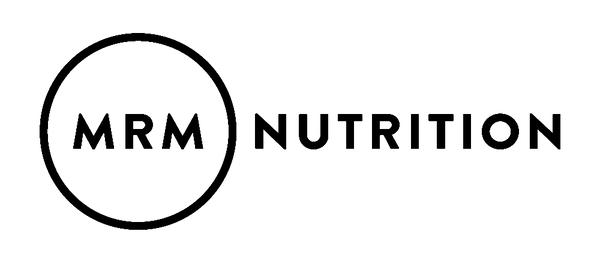BACKGROUND:
Probiotics are live microorganisms which when administered in adequate amounts confer a health benefit on the host. A symbiotic is a combination of a pro- and a prebiotic, in which the prebiotic increases the population and/or function of the probiotic it is paired with. The purpose of this study was to grow several probiotic strains in vitro in the presence of various prebiotic carbohydrates in order to find the best match for a synbiotic product.
METHODS
The effects of 7 commercially available prebiotics: galactooligosaccharide (Purimune, GTC Nutrition, Golden, CO), transgalactooligosaccharides (Bimuno, Clasado, Sliema, Malta) agave inulin (Fructagave PR95, Barrington Nutritionals, Harrison, NY), chicory inulin (Oliggo-Fiber DS2 Inulin, Cargill, Wayzata, MN), maize dextrin (Nutriose FM06, Roquette, Keokuke, IA), arabinogalactan (FiberAid, Lonza, Allendale, NJ), short-chain fructooligosaccharide (NutraFlora P95, GTC Nutrition) on the growth of 6 commercially available probiotics: Lactobacillus acidophilus DDS-1, (Nebraska Cultures, Walnut Creek, CA), Lactobacillus acidophilus LA-5 (Chr. Hansen, Milwaukee, WI), Lactobacillus acidophilus LA-14 (Danisco, Madosin, WI), Bifidobacterium lactis BB-12 (Chr Hansen), Bifidobacterium lactis BI-07 (Danisco), 3-strain probiotic L-33 (Bifidobacterium bifidum, Lactobacillus acidophilus, Streptococci faecalis, Wakunaga of America, Mission Viejo, CA) were tested on a 96-well microtiter plate. Probiotic preparations were added to a Man-Rogosa-Sharpe (MRS) broth and grown overnight. The probiotic cultures were washed twice in MRS without glucose, and diluted to concentrations of 0.1%, 0.5% and 1.0%. These cultures were added to glucose-free MRS containing the various prebiotic preparations and incubated at 37°C under anaerobic conditions. Glucose was used as a control. The optical density at 600nm was measured over time for up to twenty-two hours.
RESULTS
The Lactobacillus acidophilus strains DDS-1, LA-5 and LA-14 showed increased growth in the presence of GOS, trans-GOS, sc-FOS and chicory inulin comparable or better than glucose. Agave inulin showed increased growth, however, is less effective than the glucose control. The differences between the two forms of inulin might be linked to differences in their carbohydrate structure. Arabinogalactan and maize dextrin showed no significant effect on the growth of the Lactobacillus acidophilus strains. The Bifidobacterium strains BB-12 and BI-07 showed increased growth in the presence of GOS and trans-GOS. sc-FOS showed a positive correlation with BI-07, outperforming the other prebiotics and even the Glucose control conditions. Chicory and agave inulin, arabinogalactan and maize dextrin had no significant effect on the growth of the Bifidobacteria. sc-FOS had a beneficial effect on the growth of the multi-strain probiotic L-33, however, the effect was significantly lower than the effect of the glucose control. All other prebiotics had no effect on L-33.
Ralf Jäger1, Martin Purpura1, Jeroen Kiers2, Mark Olson3
1Increnovo LLC, 2138 East Lafayette Place, Milwaukee, WI 53202, USA
2NIZO food research BV, Kernhemseweg, 2, 6710 BA Ede, The Netherlands
3Chemi-Source, Inc., 2665 Vista Pacific Drive, Oceanside, CA 92056, USA







